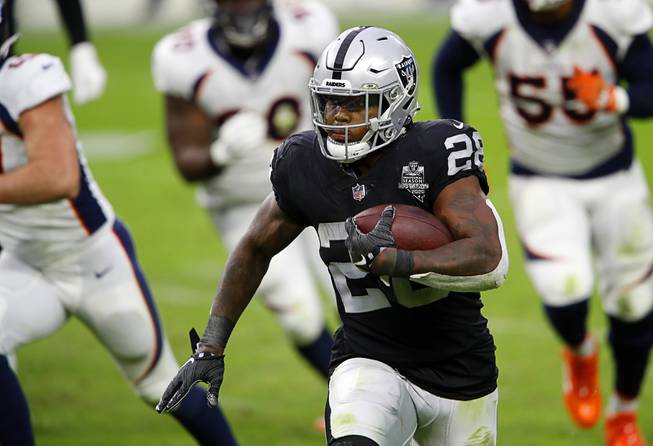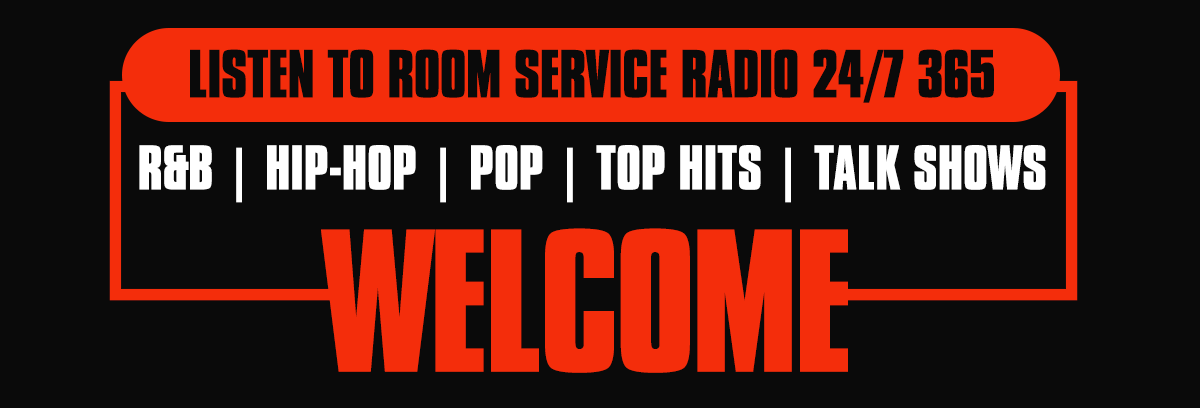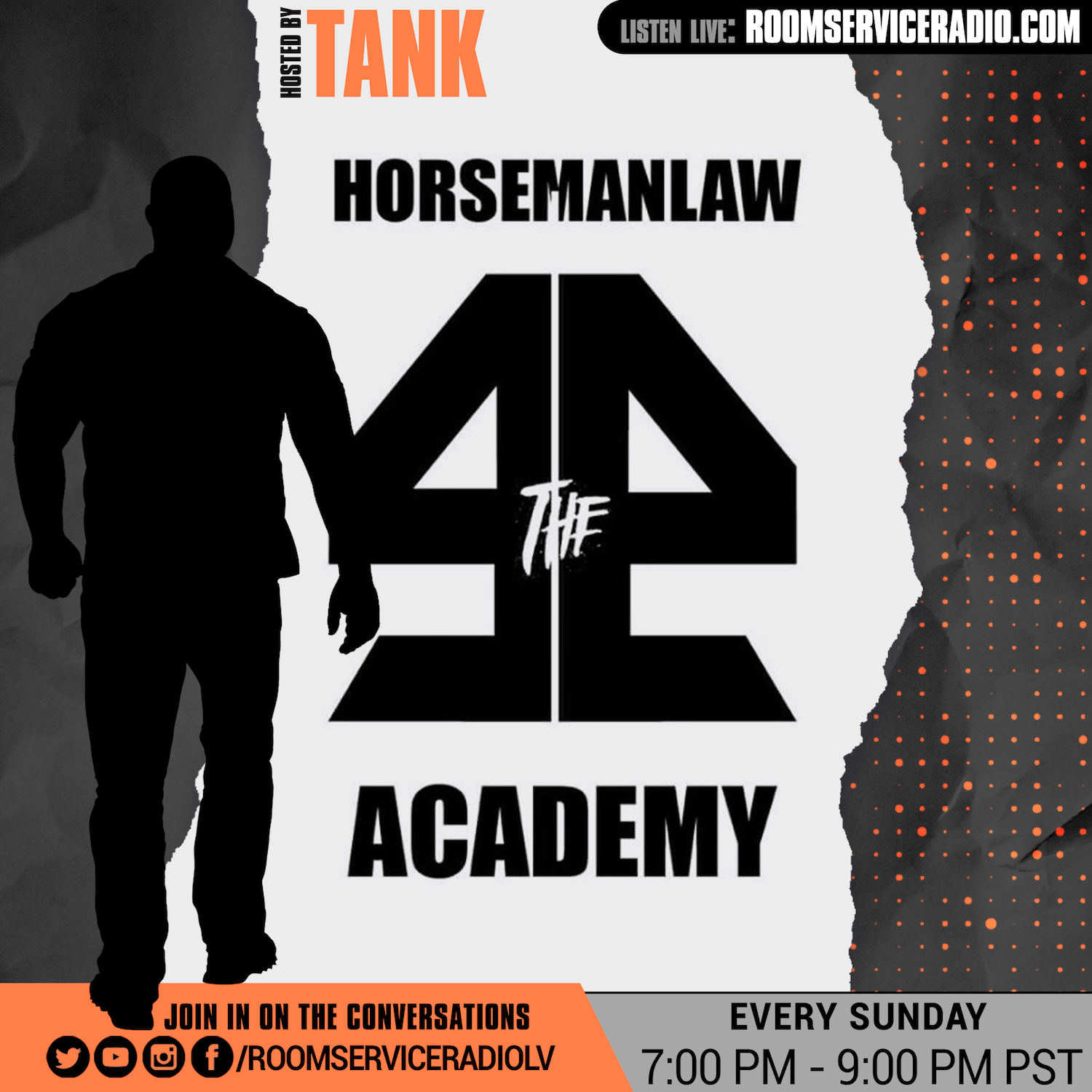
Las Vegas Raiders running back Josh Jacobs (28) carries the ball during the first half of a game against the Denver Broncos at Allegiant Stadium Sunday, Nov. 15, 2020.
Sunday, Nov. 15, 2020 | 4:38 p.m.
Hello, winning streak.
The Raiders dropped the overmatched Denver Broncos on Sunday, 37-12, to improve to 6-3 on the season. It was the third consecutive win for Las Vegas, which hasn’t tasted defeat since that terrible 45-20 loss to Tampa Bay on Oct. 25.
That’s not to say Vegas is invincible all of a sudden — it was not a well-played game for most of the afternoon, but the silver and black was able to ride running back Josh Jacobs (21 carries, 112 yards, two touchdowns) to the finish line.
A quick analysis of the Raiders’ latest victory:
Quit hitting yourself
All’s well that ends well, but this game was closer than it needed to be for three quarters.
The Raiders thoroughly outplayed a bad Denver team and rightfully improved to 6-3 on the season. Las Vegas dominated in rushing yards (203 to 66), yards per play (5.4 to 4.6), time of possession (36:38 to 23:22) and turnovers (five to zero), while at the same time, too many unforced errors by Jon Gruden’s team allowed the visitors to hang around and make things uncomfortable inside Allegiant Stadium for nearly 45 minutes.
An unnecessary blindside block by Johnathan Abram negated a 60-yard punt return touchdown by Hunter Renfrow in the second quarter. The drive later stalled and Las Vegas punted.
Nelson Agholor dropped a short touchdown pass twice, first allowing it to clank off his hands in the back of the end zone, and then bobbling the loose ball on the way down just when it looked like he would recover in time to secure the catch. The Raiders settled for a field goal two plays later.
Darren Waller dropped a potential 55-yard touchdown in the third quarter after Carr hit him streaking down the left sideline behind the Denver defense. The Raiders again settled for a field goal on the drive.
Those three miscues alone took 15 points off the board for Las Vegas; that left the Raiders managing an anxious, 13-6 lead late in the third quarter when it could have been a 28-6 advantage with cleaner execution.
The final 16 minutes broke right, however, and Las Vegas steadied itself enough to pull away for a relatively stress-free win. The credit goes to the patchwork offensive line, which overpowered the Denver front and paved the way for Raiders ball-carriers to gain 5.0 yards per carry and score four rushing touchdowns.
Gruden won’t be happy when watching the film, and he’ll undoubtedly make it clear to his team that a mistake-filled performance like that won’t be good enough next week when the division-leading Chiefs come to town.
Ruggs vs. Jeudy, Round 1
This game was built up to be a referendum on the Raiders’ decision to select Henry Ruggs ahead of Jerry Jeudy in the 2020 draft (the first of many installments in this debate), but neither receiver scored a decisive victory on Sunday.
Ruggs enjoyed a modestly productive afternoon, pulling in three catches for 31 yards, but as has been the case for most of the season, you left with the feeling that he has so much more to offer. That’s because the Raiders, who have some very old-school offensive philosophies, are still trying to square their beliefs with a modern weapon like Ruggs.
His first touch came on a quick hitch; Ruggs turned it outside and picked up nine yards thanks to his quick feet. Another horizontal target went for one yard in the second quarter. His biggest contribution came on a broken play, when Derek Carr scrambled left on a third down and lofted a floater to Ruggs, who leapt over his defender to pull down a 21-yard gain and move the chains.
Ruggs got behind the defense on one deep ball down the left sideline but couldn’t quite pluck Carr’s on-target pass. It was another example of the rookie speedster being just out of sync with the way Gruden structures his offense.
Jeudy, on the other hand, delivered four catches for 68 yards, with a couple of caveats. The first is that he was working against Las Vegas cornerback Trayvon Mullen, who got knocked unconscious early in the first quarter and was somehow allowed to return to the game; Mullen looked wobbly and had trouble sticking to receivers the rest of the day. The other caveat is that Denver quarterback Drew Lock was pretty bad and often failed to see Jeudy running open.
Between Ruggs’ ongoing initiation into the Raiders’ offense and Jeudy’s unreliable quarterback, it was impossible to score Round 1 for either receiver. The debate will rage on at least until their next meeting, in Week 17 in Denver. Until then, both teams will believe they made the right choice.
Defense delivers
Speaking of caveats, there always seem to be qualifiers attached whenever the Raiders turn in a good defensive performance. When Las Vegas won in Cleveland, 16-6, without allowing a touchdown, the extreme weather was cited as the reason for their success. On Sunday that caveat was Denver quarterback Drew Lock, as the second-year signal caller played a terrible game that would have made any defense look good.
Lock consistently missed open receivers, scrambled into pressure and forced throws into tight windows, resulting in an ugly line: 23-of-47 passing for 257 yards, with one touchdown and four interceptions.
But still, credit has to go to the Las Vegas defense for taking advantage of opportunities. Reserve safety Jeff Heath hauled in an overthrown crosser for his second interception of the season, then jumped a slant in the end zone when Lock telegraphed his intentions, resulting in another interception. For the game, the Raiders built a 5-0 advantage in the turnover column.
The next step will be delivering a defensive performance like that against a good offense, without help from the perfect storm. Las Vegas will get a chance to do that next week.
Mike Grimala can be reached at 702-948-7844 or [email protected]. Follow Mike on Twitter at twitter.com/mikegrimala.












